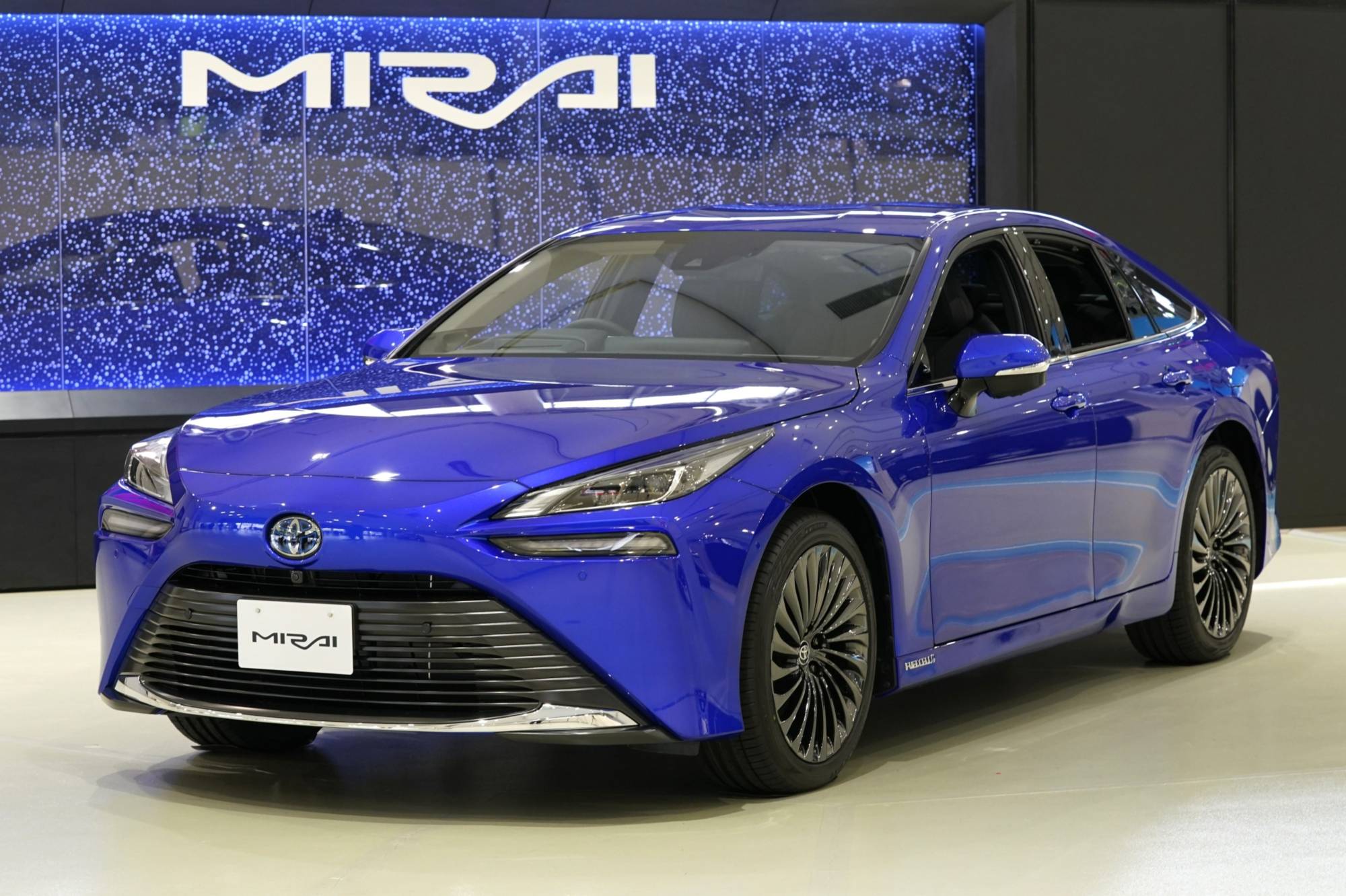As automakers scramble to make electric vehicles with longer ranges and speedier charging times, the chip industry has a message for them: You’re doing it wrong.
Semiconductor companies are urging EV-makers to ditch traditional silicon chips and embrace materials that will make cars more efficient, helping ease consumers’ "range anxiety” and someday making recharges as quick as a gas-station fill-up. But there isn’t an agreement yet on which approach to use. Silicon carbide is the front-runner, with gallium nitride emerging as a key contender.
What are these new materials? Well, silicon carbide — as the name suggests — is a combination of two elements, silicon and carbon. And it does a better job as a power converter, meaning chips using the material can move energy around with less of it getting lost along the way. The same is true of gallium nitride, which is made of gallium and nitrogen and — like silicon carbide — has a distinct edge over traditional silicon. Proponents say it could cut charging time in half.



















With your current subscription plan you can comment on stories. However, before writing your first comment, please create a display name in the Profile section of your subscriber account page.